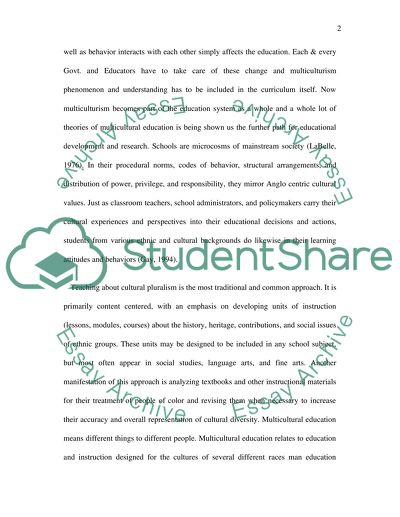Cite this document
(“Mulitcultralism and how it affects education Essay”, n.d.)
Retrieved from https://studentshare.org/miscellaneous/1523547-mulitcultralism-and-how-it-affects-education
Retrieved from https://studentshare.org/miscellaneous/1523547-mulitcultralism-and-how-it-affects-education
(Mulitcultralism and How It Affects Education Essay)
https://studentshare.org/miscellaneous/1523547-mulitcultralism-and-how-it-affects-education.
https://studentshare.org/miscellaneous/1523547-mulitcultralism-and-how-it-affects-education.
“Mulitcultralism and How It Affects Education Essay”, n.d. https://studentshare.org/miscellaneous/1523547-mulitcultralism-and-how-it-affects-education.


